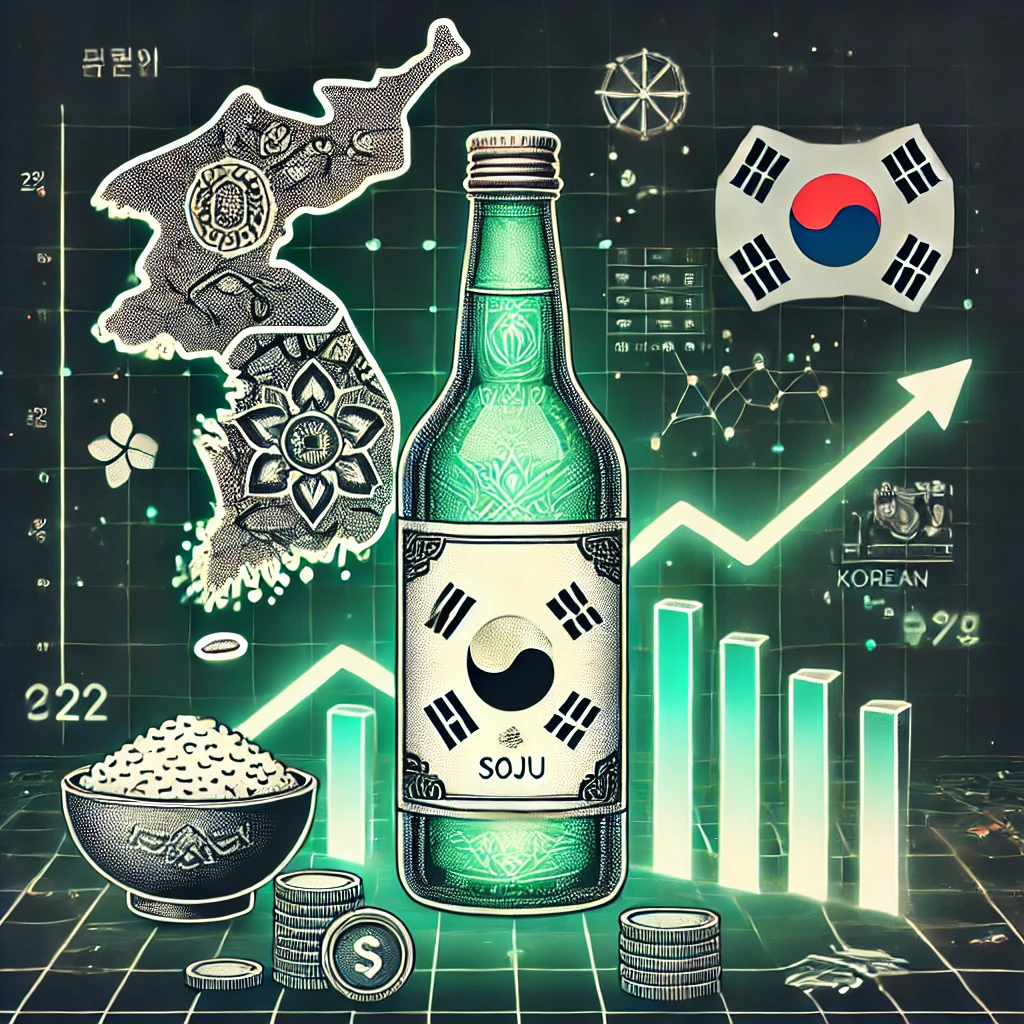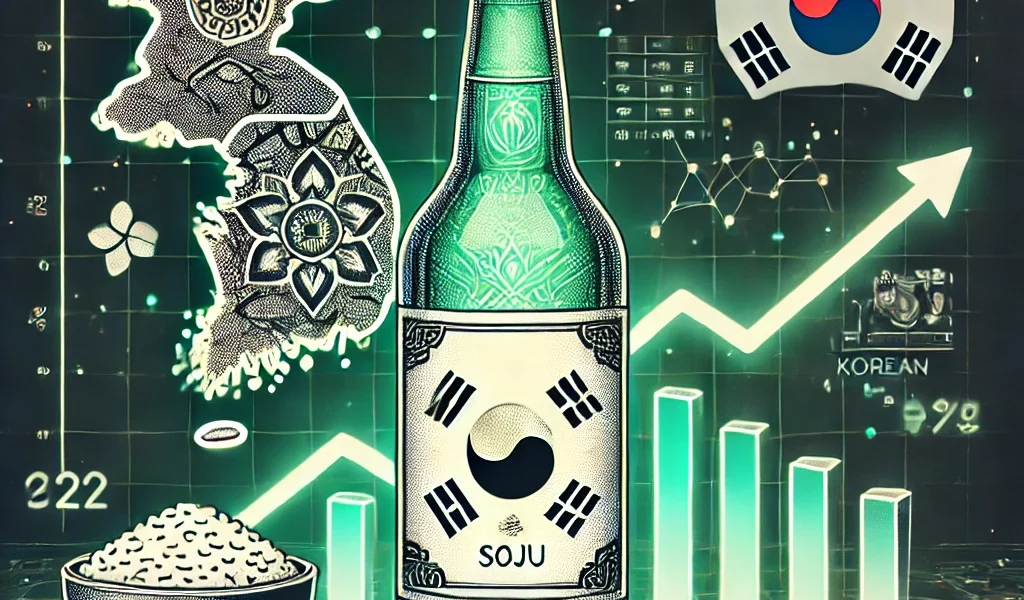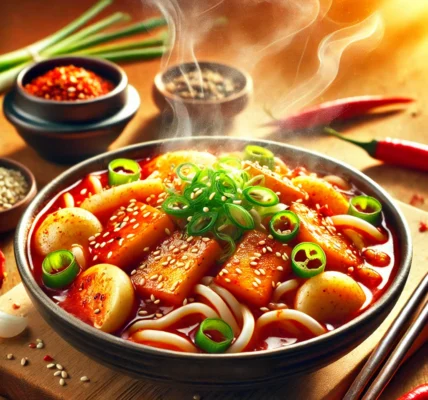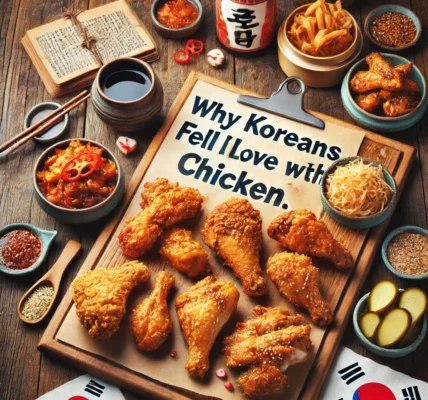Why Is Korean Soju So Cheap?
Introduction
Korean soju is a beloved drink with a fascinating history and cultural significance. However, one question that often arises is, why is soju so affordable compared to other spirits? In this article, we’ll uncover the secrets behind soju’s low cost, diving into the cultural, historical, and economic factors that contribute to its pricing.

The Historical Journey of Soju
The Ancient Origins of Soju
Soju’s journey began with the introduction of distillation techniques from the Middle East, which reached Korea through the Mongol invasions during the Goryeo Dynasty (13th century). Initially, soju was considered a premium distilled spirit made from rice, much like other high-quality liquors worldwide.
The Impact of Economic Hardship
Fast forward to the 20th century, Korea faced a period of extreme poverty and hardship following the Korean War (1950–1953). The government had to implement strict measures to ensure food security, which led to the Rice Rationing Act of the 1960s. As rice was a primary food source, using it to produce alcohol became impractical. This forced soju producers to shift from rice-based distillation to more affordable ingredients like sweet potatoes and tapioca, significantly reducing production costs.
The Evolution of Soju into an Affordable Drink
The Introduction of Diluted Soju
One of the most significant changes was the shift from traditional distillation to a dilution process. Producers began to manufacture diluted soju by mixing ethanol with water, leading to a cheaper and more efficient production method. This change drastically lowered the price, making soju accessible to a wider population.
Government Regulations and Taxes
The Korean government played a pivotal role in keeping soju affordable. By imposing low taxes on diluted soju compared to other spirits, it encouraged production and consumption. Additionally, regulations ensured that soju maintained a low alcohol percentage (around 16-20%), which helped in further reducing production costs.
Cultural and Social Aspects of Soju’s Affordability
A Drink for the Masses
Soju quickly became the preferred drink for Koreans from all walks of life due to its affordability. It became a staple for gatherings, celebrations, and even casual dinners, reinforcing its position as Korea’s most popular alcoholic beverage. The affordability of soju allowed it to become deeply embedded in Korean culture, symbolizing camaraderie and togetherness.
Economies of Scale and Mass Production
The widespread consumption of soju led to mass production, enabling companies to benefit from economies of scale. This reduced the overall cost of production, packaging, and distribution, further contributing to soju’s low retail price.
Comparing Soju with Other Spirits
Quality vs. Affordability
Unlike other spirits like whiskey or vodka, soju is designed to be an affordable, everyday drink. While premium soju brands do exist, the standard soju maintains its low cost due to cheaper production methods and ingredients. This contrasts with spirits like cognac, which require aging and high-quality raw materials, making them more expensive.
The Unique Market Competition
South Korea’s liquor market is highly competitive, with many soju brands vying for dominance. This competition drives prices down, ensuring that even the top brands maintain an affordable price point.
The Modern Soju Renaissance
In recent years, there has been a resurgence of interest in premium soju, often made using traditional distillation methods and higher-quality ingredients. These premium varieties are priced higher, reflecting their quality and craftsmanship. However, the affordability of standard soju remains unchanged, continuing its legacy as Korea’s beloved and budget-friendly spirit.
Conclusion: The Balance of Tradition and Economics
Korean soju’s affordability is a result of historical adaptations, government regulations, and the cultural significance of making it accessible to the masses. From its ancient origins as a premium spirit to its transformation into an affordable drink, soju represents Korea’s ability to adapt and thrive. Its affordability has not only made it a household staple but also a symbol of resilience, culture, and togetherness.













